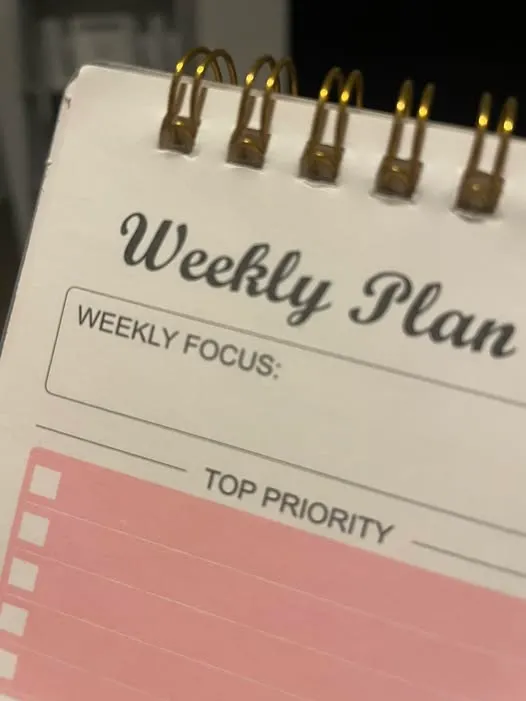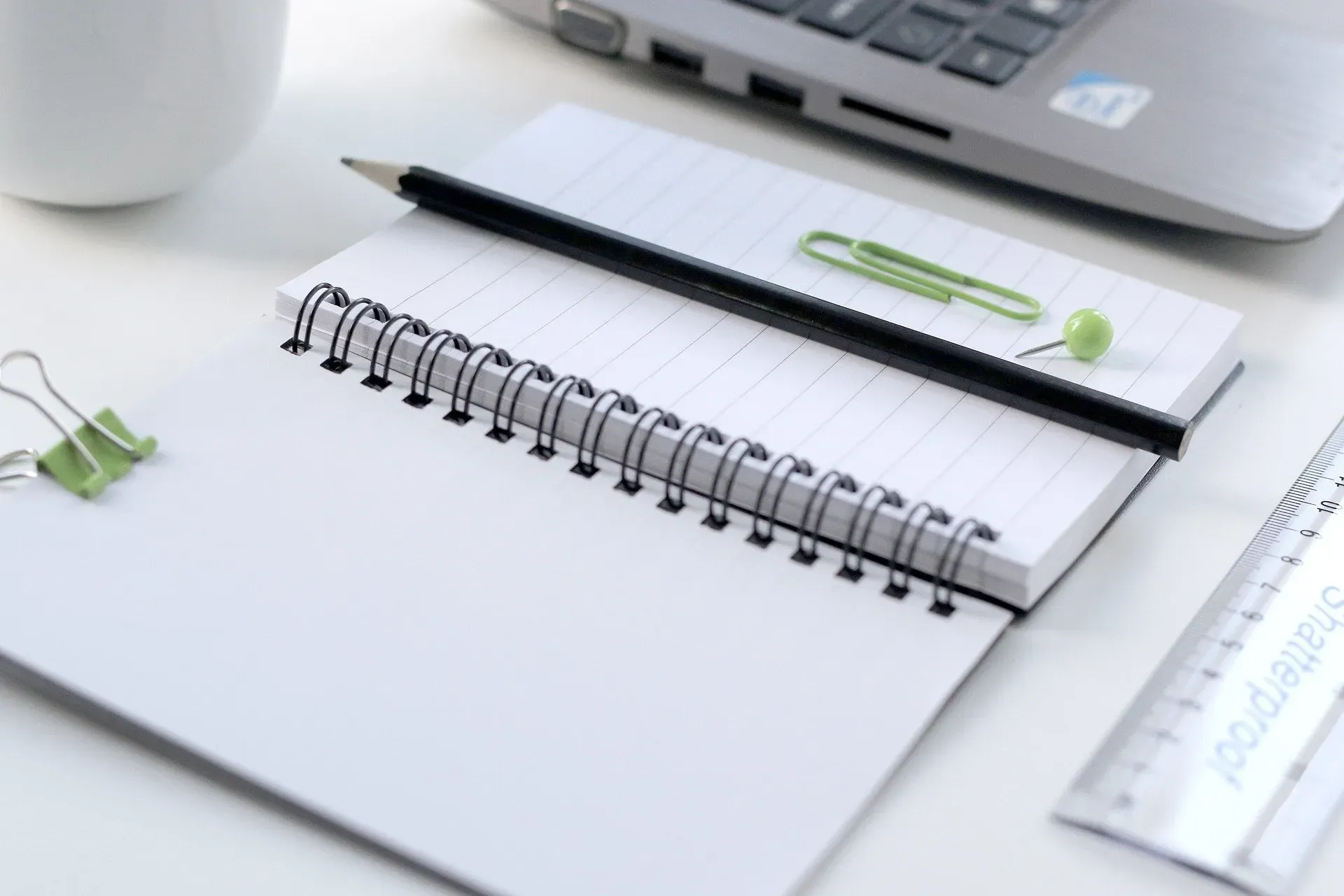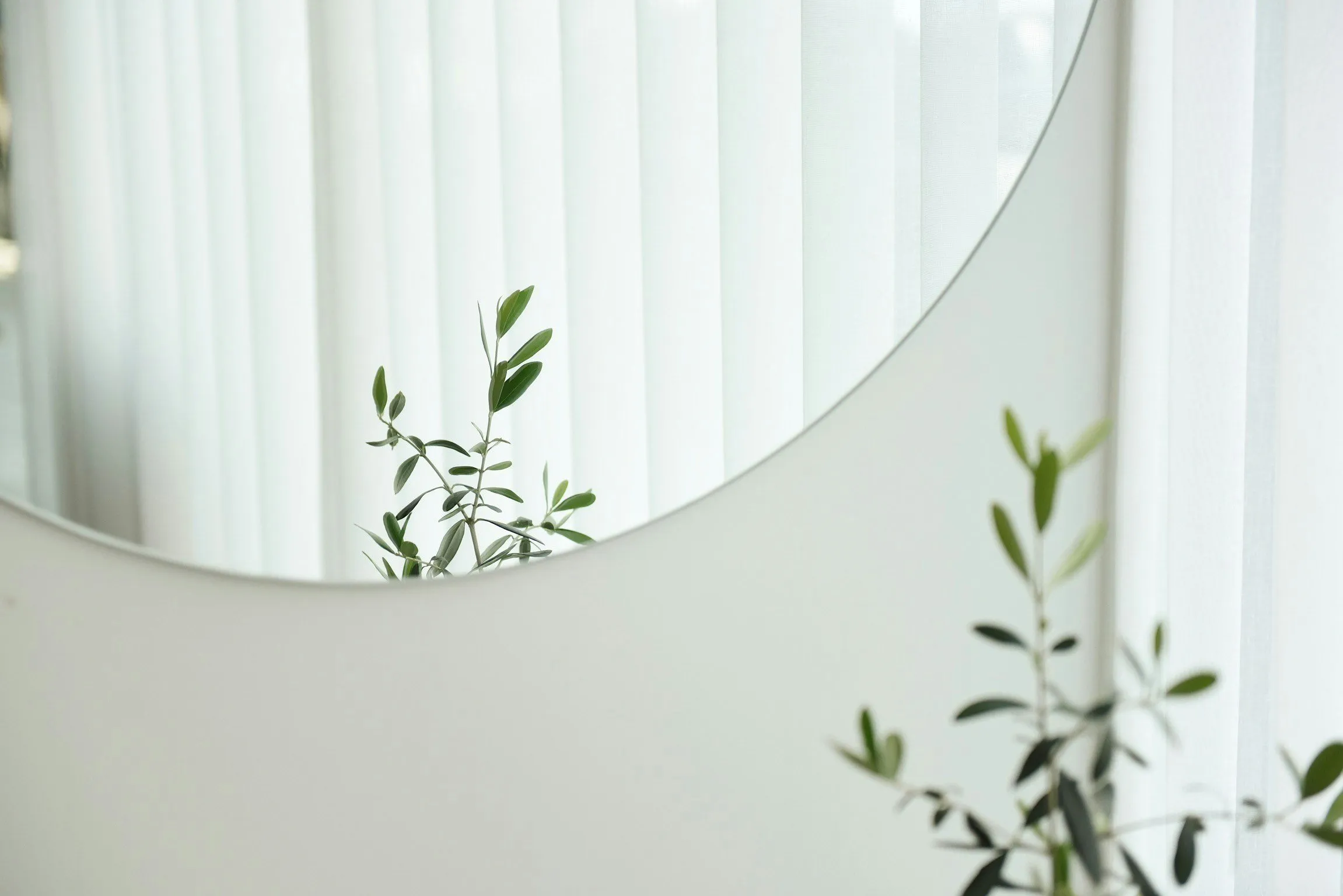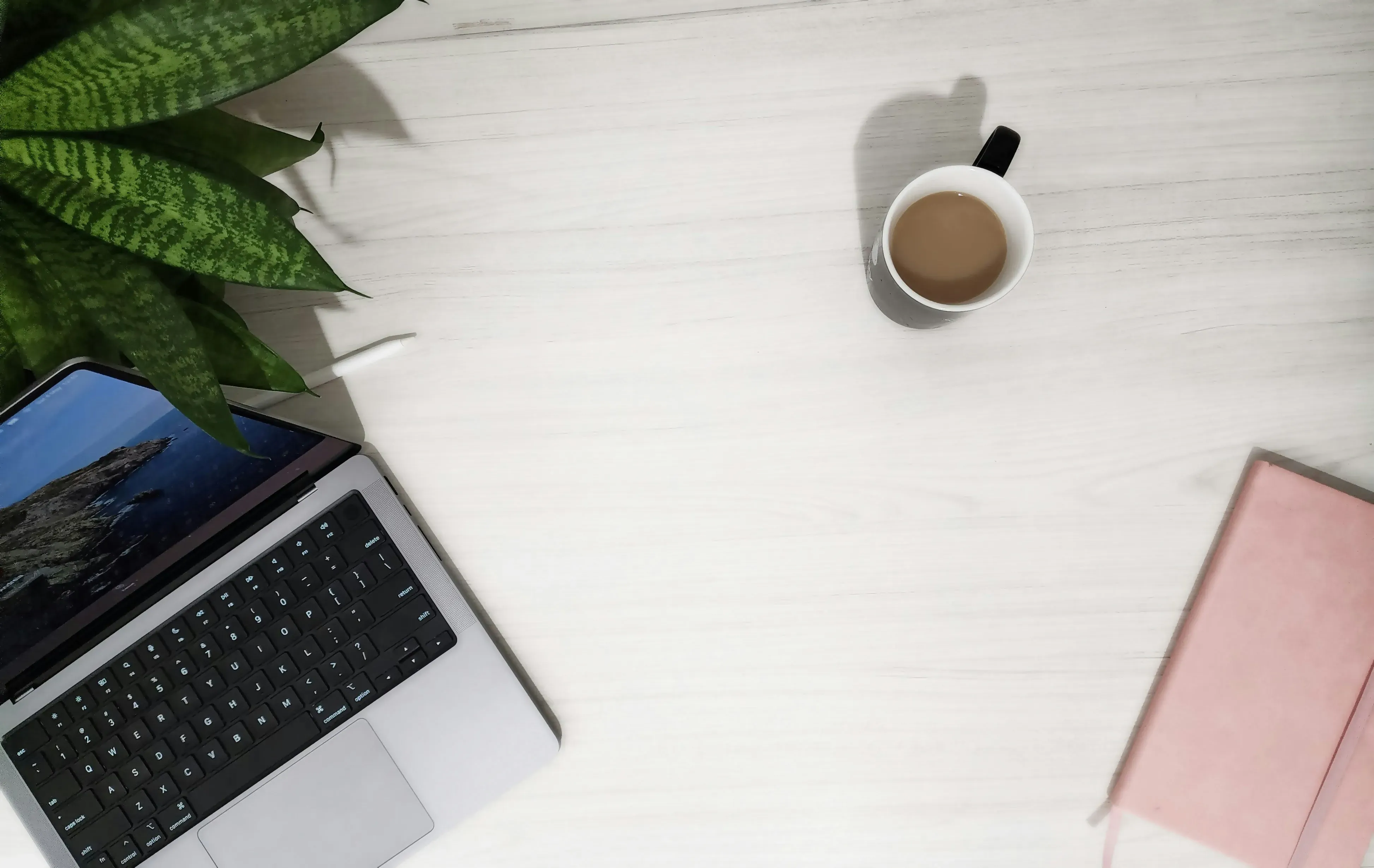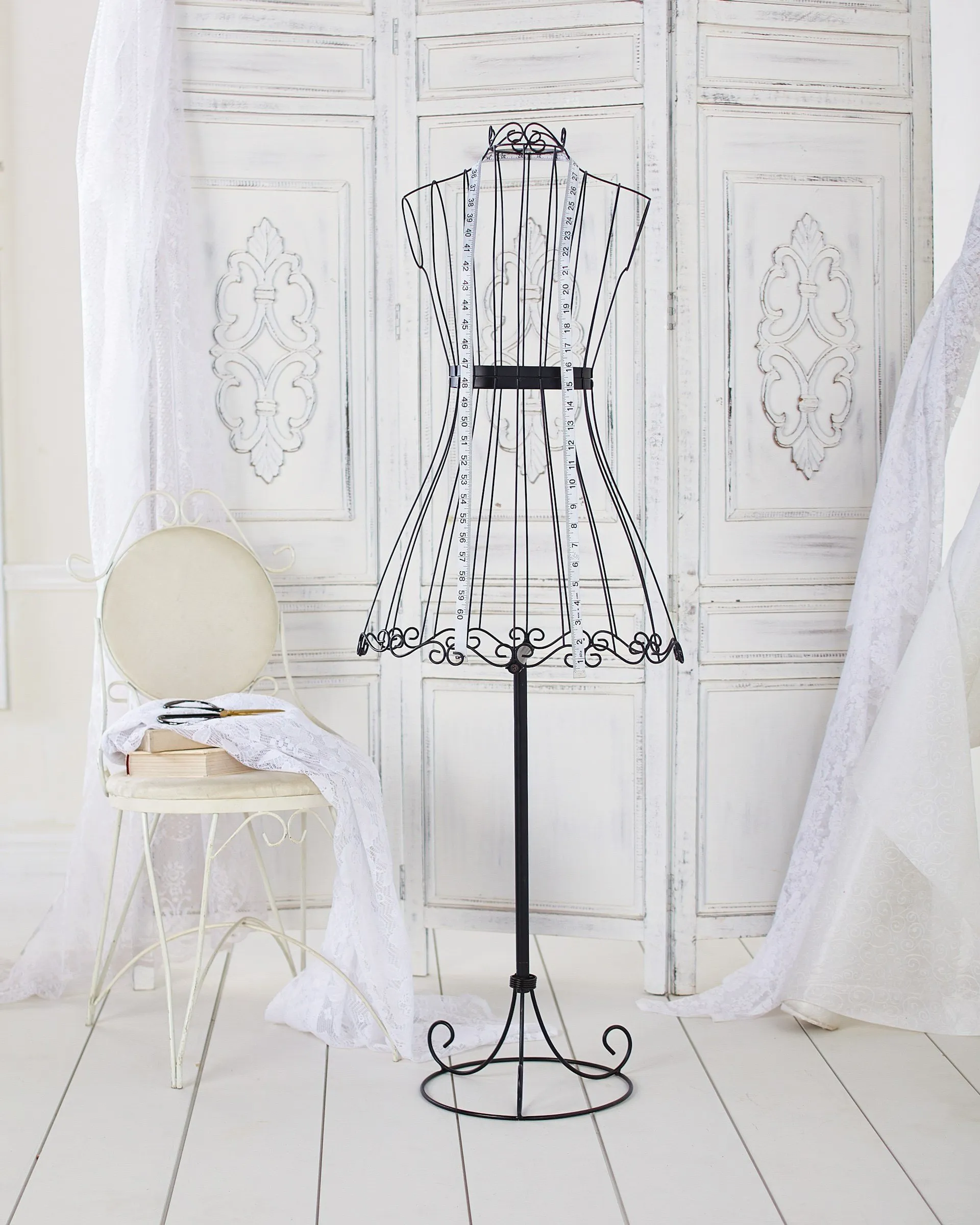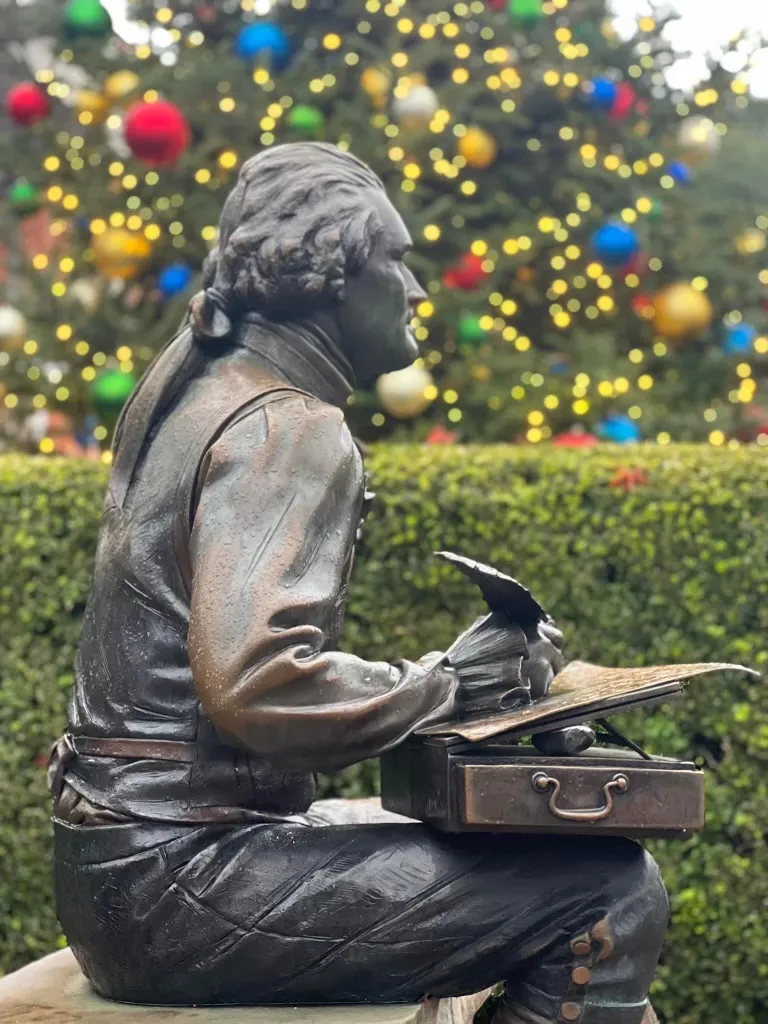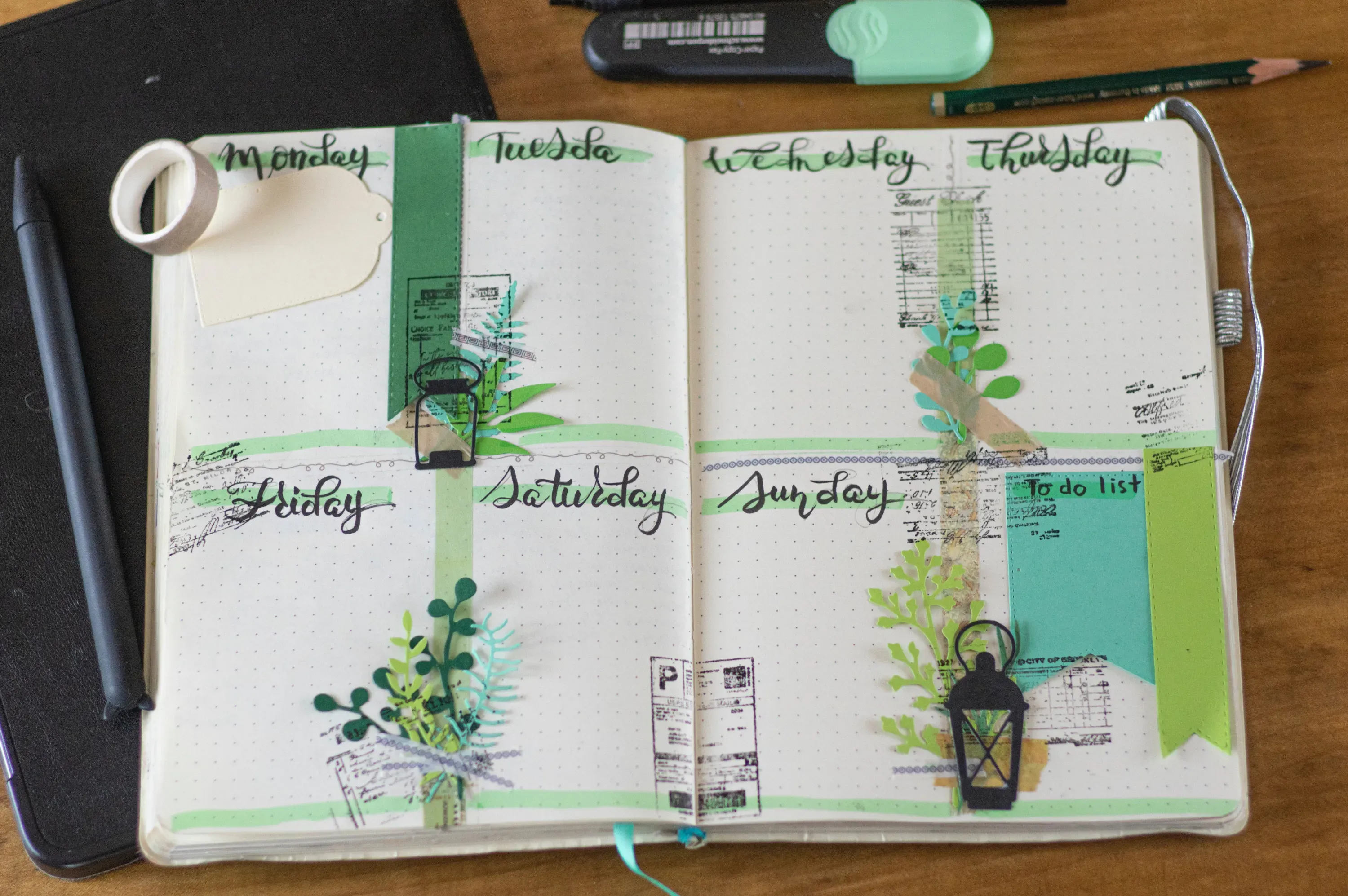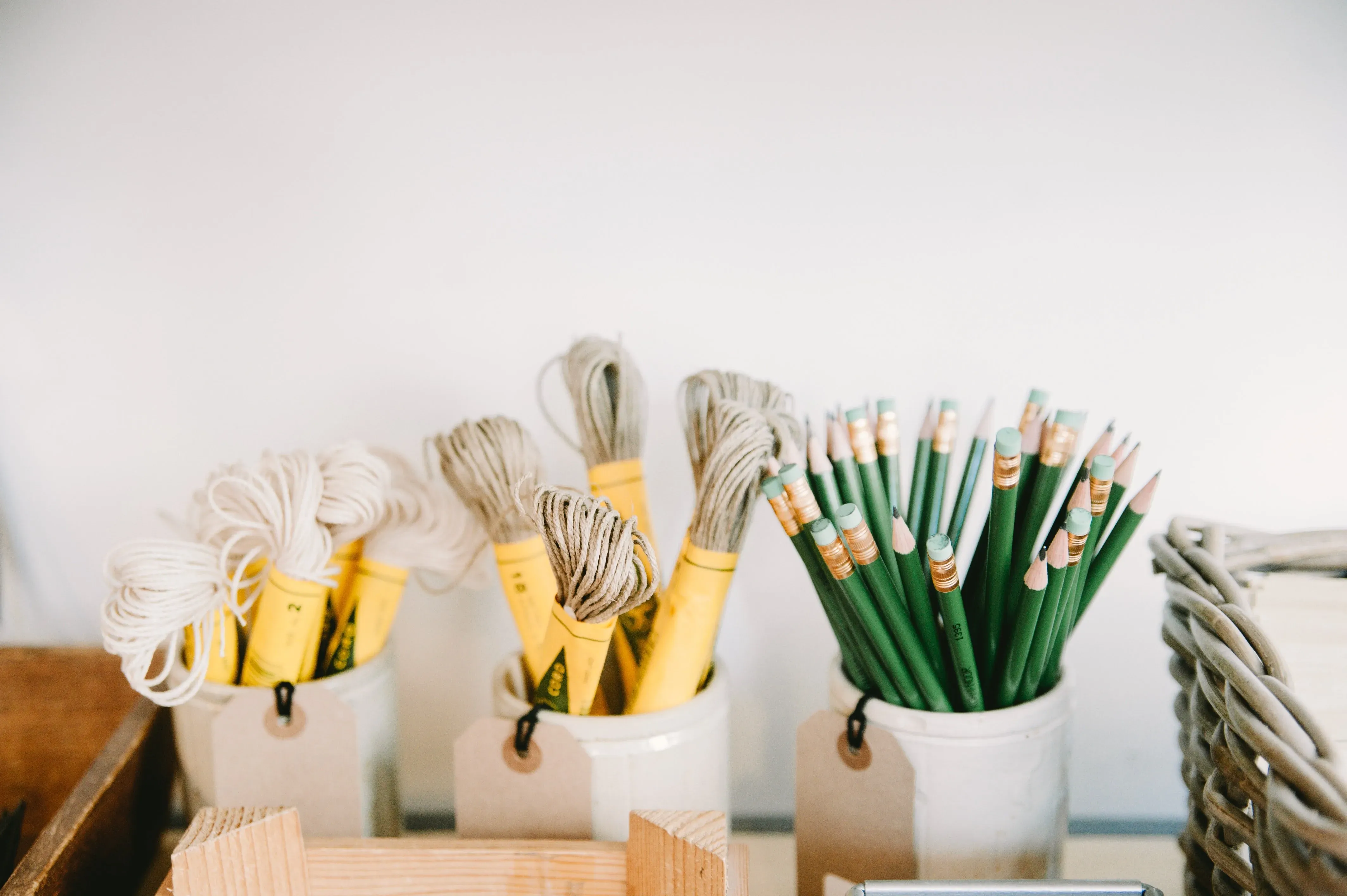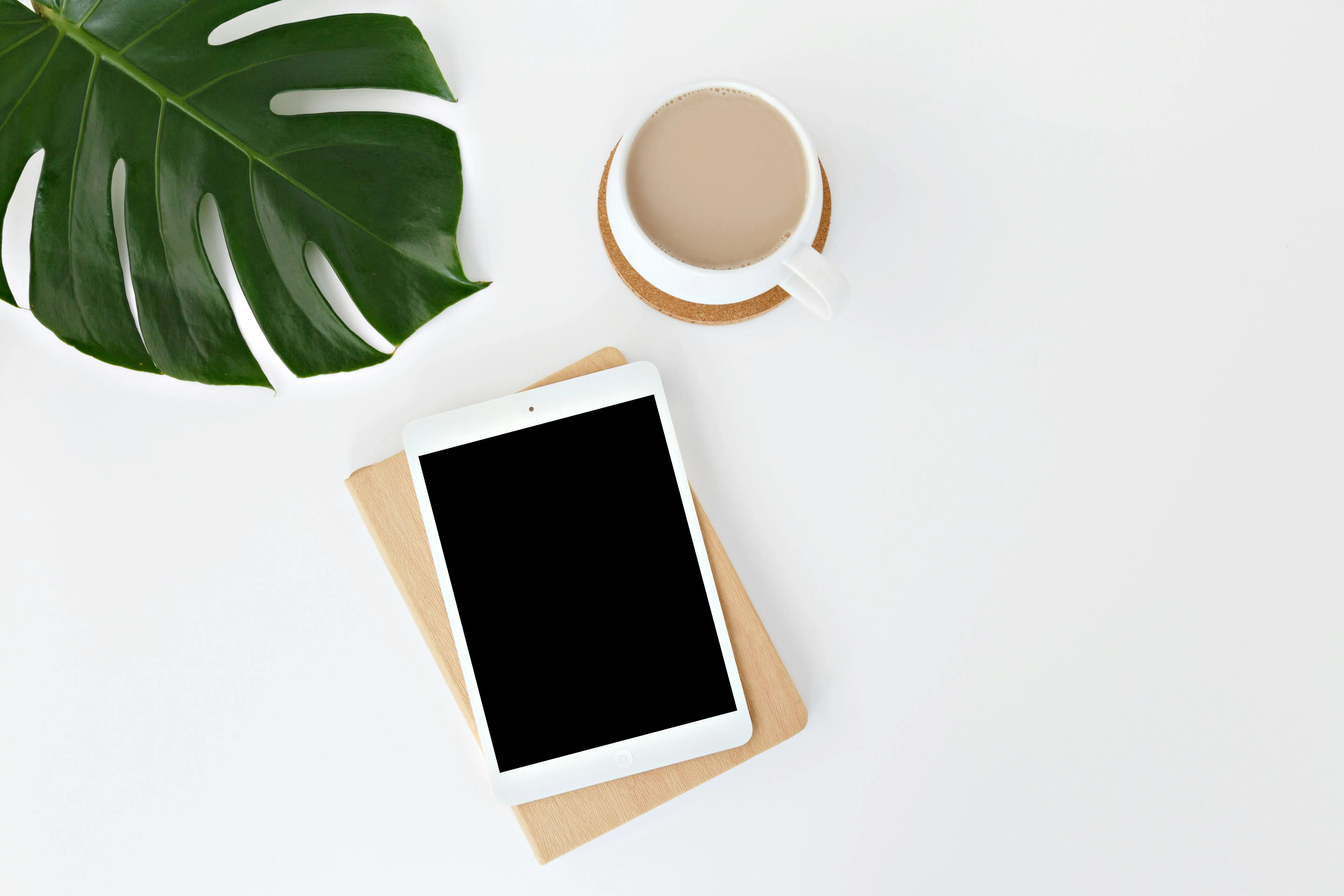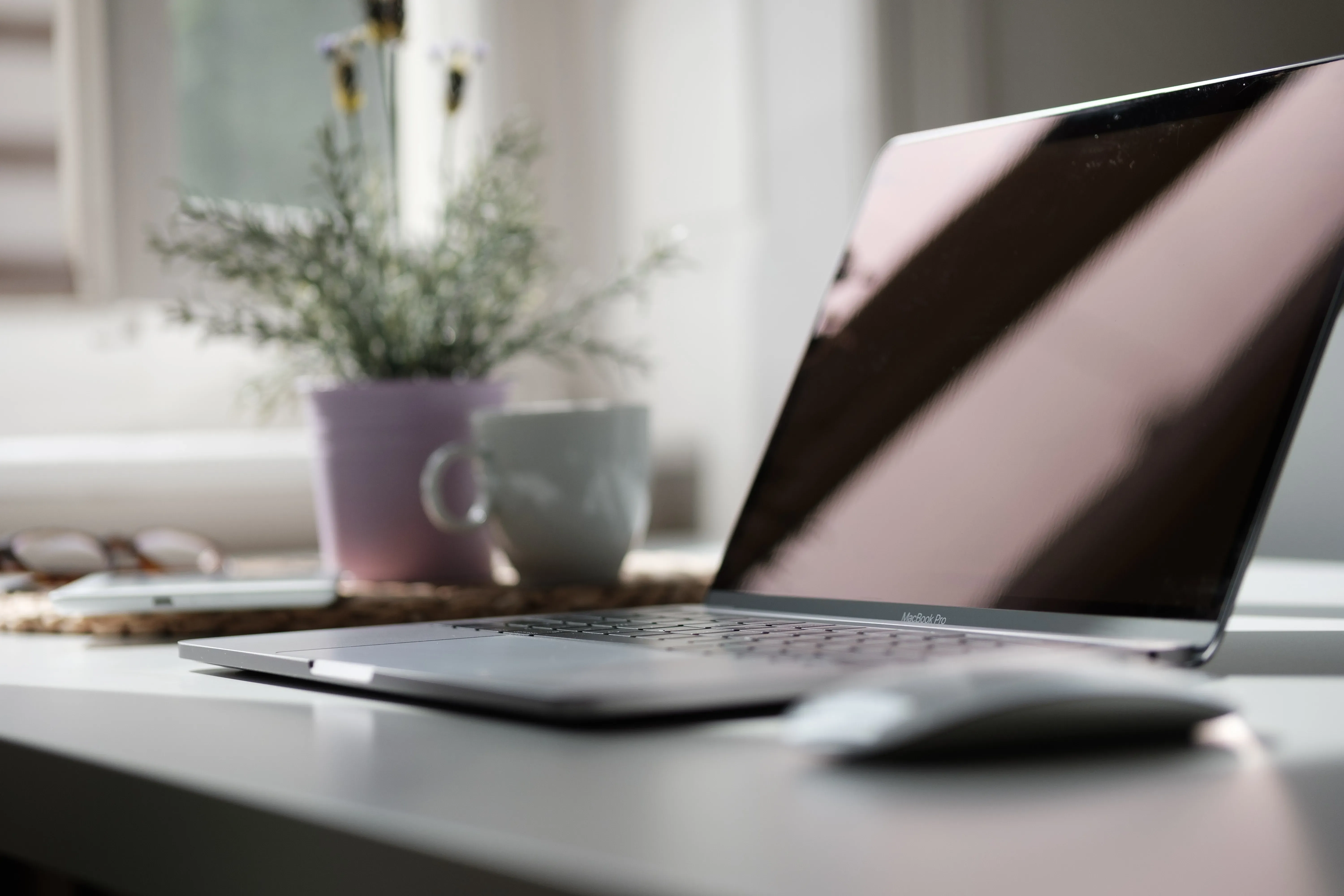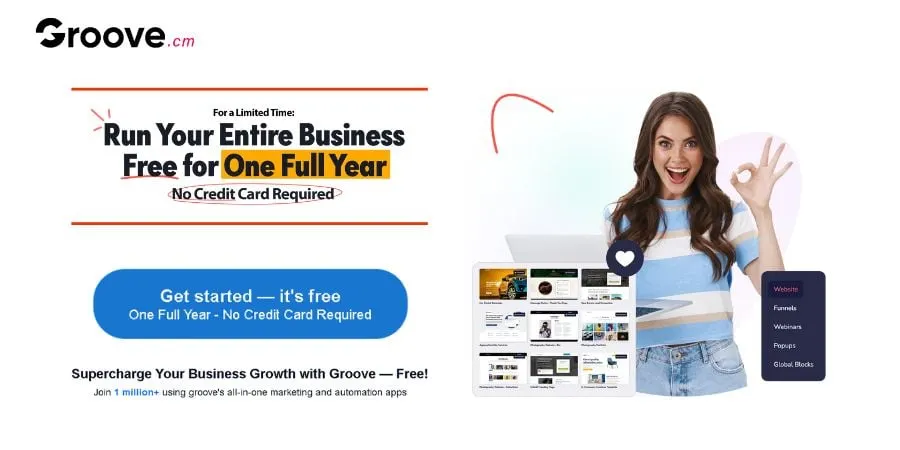Free Yourself to Do the Work You Love with a Strong Financial Footing
Michelle shares her financial story, a "normal" one.
I met Michelle in college, at Michigan State. Back then, we were focused on living life to the fullest in East Lansing.
We had big dreams and were confident our decision to get a degree would give us the foundation for an outstanding life. We were right…sort of. We both did the right thing and when we would catch up on football Saturdays those early years following graduation, all of us shared what we were up to and were enjoying being “free.” And spending money. (I use the term ALL loosely, but you get my gist about being in your 20s and getting those first paychecks, right?
Disclosure: As a blogger, I use affiliate links sometimes! I may receive commission from purchases I share, but it does not change your price.

Photo by Reynaldo Rivera on Unsplash
Fast forward almost 30 years and we are now rethinking what freedom means, the value of time and how we can take 30 years of skills and learnings to move forward. Michelle nails the financial freedom aspect of “free at 50” below- having a strong financial footing and being able to do the work you love. She is a professor, wife, mom, and business owner carrying on her family’s passion. Her path is relatable, and her message is clear.
Enjoy!
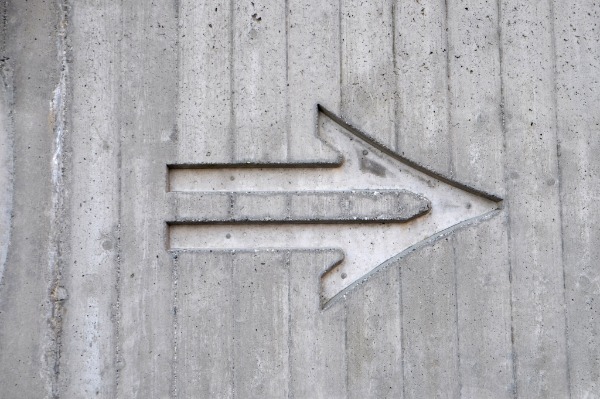
Photo by Steinar Engeland on Unsplash
Create Space to Follow Your Dreams by Embracing Financial Freedom
If you are reading this post, chances are you are pursuing freedom. The freedom to set your own hours. To do work you love. To spend time with your family. To not answer to five levels of bosses.
"Freedom (n.): To ask nothing. To expect nothing. To depend on nothing." - Ayn Rand
You are not alone in your quest for independence. Over the last 19 years, rates of entrepreneurship have been trending up in the United States. Employees are quitting their 9-to-5's for a host of reasons, including burnout, dissatisfaction with corporate culture, a lack of job flexibility, and not feeling valued in their current role.
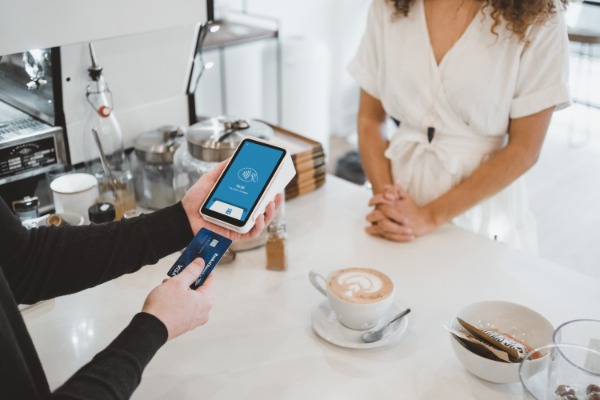
Photo by Clay Banks on Unsplash
Once they jump in, most self-employed people say money is less important than the quality of life. However, 28% don't have the cash to invest or need to pay down debt. In fact, Americans carried an average of $92,727 in consumer credit and debt in 2020 based on analysis by credit reporting giant Experian. Those monthly obligations are a drain on resources that could be better spent pursuing personal and professional goals.
What Do You Think About When You Can't Sleep… Money or Growing Your Dreams?
Whether you are jumping into entrepreneurship or taking baby steps in that direction, having a strong financial footing will help make the transition easier. If you are going to lie awake at night, are you thinking about managing monthly expenses as you leave that 9-to-5? Or would you rather ponder which creative idea to explore next, brainstorm how to market your business venture, or consider who can help you grow your vision? Getting your financial house in order can free up mental space (and money!) for the things that really matter.

Photo by Morgan Lane on Unsplash
After three decades of marketing and managing family businesses, last year I decided that my side job teaching at a university was something I wanted to do more of, but that alone was not enough to replace my salary. At the same time, my dream of writing as a career beckoned, but darn... our debt was a big hurdle!
It's Easy to Fall Into Debt. It Takes Intention to Get Out of Debt
Over the years, we had simply done what all our peers, and the majority of Americans, were doing. We mortgaged our future by over-using credit cards and taking out of a home equity line of credit for home repairs and upgrades. We were never unable to make the payments, but we were in debt perpetually. After all, it was normal to have a house payment, typical to have a car loan, acceptable to carry three or four credit cards. It never occurred to us NOT to do those things. Only rich people paid cash!
Over the years, we simply did what all our peers and most Americans were doing.
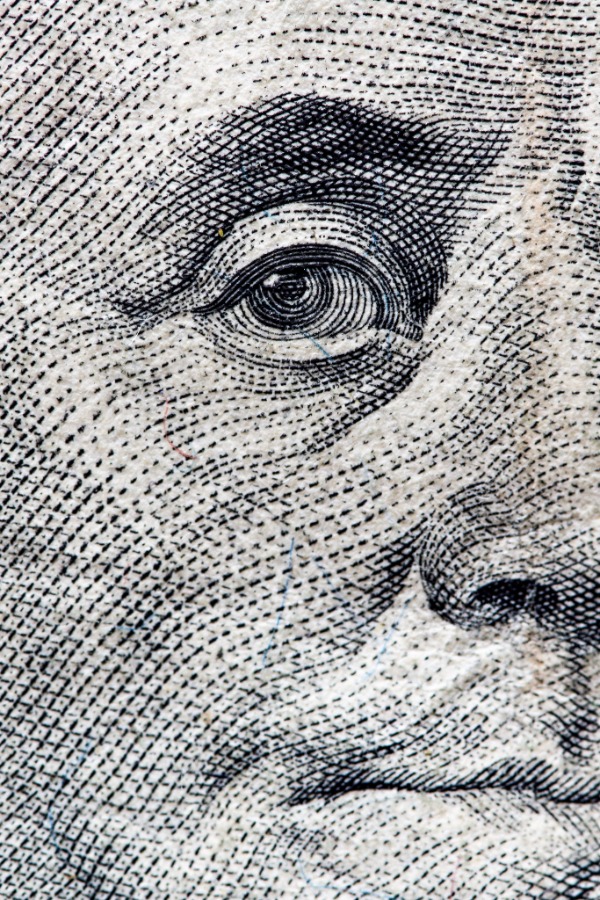
Photo by Sahand Hoseini on Unsplash
In March of 2020, I decided to get serious about money. I knew our family finances were limiting my ability to leave the comfortable job I was growing out of. That meant taking a good look at the problem I knew existed and being brave enough to stop ignoring it. This was definitely a blow to my MBA-educated ego.
How is it that we made money decisions that were limiting my ability to switch careers? We also couldn't travel as much as we wanted to, and it was looking like we'd be shacking up with the kids in retirement. We didn't plan to become debtors. It just seemed to happen. Chances are, you can relate. And it won't change unless you do.

Photo by Joshua Hanks on Unsplash
Don't Be Afraid to Get Weird with Your Finances
The key to moving forward was two-fold. First, get my husband on board so we could tackle our finances together. Second, get help. For us, that happened to be a famous national course offered through a local church. That help also could have come from a financial advisor or financial coach or simply a wiser friend. Reaching out and getting educated and being held accountable made all the difference. We agreed Financial Freedom was important enough to invest time and effort pursuing. For us, a $99 investment in classes paid off exponentially.
The journey will be successful if you are crystal clear about WHY you are pursuing financial freedom.
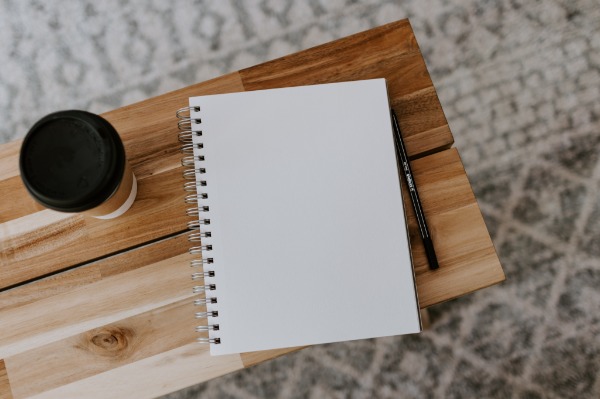
Photo by Kelly Sikkema on Unsplash
The in-person classes we signed up for were postponed, but we forged ahead with video lessons and a workbook. We joined an online forum for support and began the process of shifting our identity from "normal" to "weird"—weird meaning not doing all the things that got us into trouble in the first place. We were never irresponsible spenders, but we didn't budget strictly and consistently, and we didn't have a plan to eliminate debt. We just lived with it and tried to keep it manageable.
It was not until we threw everything we had at one debt at a time that we started to see results. Starting with the smallest balance and working our way to the next (the snowball method), we became addicted to getting to that next zero-balance. Now we find ourselves plotting ways to shave off more of what we owe and shorten the time to our debt-free date. It's gamification at its finest, and we are going to win by getting financially free. Seeing that date move closer is addicting!
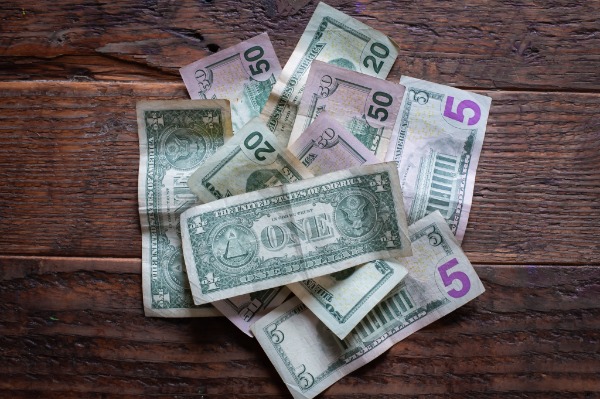
Photo by Jutta Kamp on Unsplash
Practice Discipline in Your Daily Money Habits
The journey will be successful if you are crystal clear about WHY you are pursuing financial freedom. To keep your commitment to Financial Freedom strong, visualize the end result. What will your life look like when your debts are paid? Take your money back and so it can help make your dreams a reality instead of lining the pockets of lenders.
I shared my dream to move from being employed in the family business to teaching and writing with my husband. We are discussing how we can live on less while I make that happen. We also want to give my husband space to retire from a mentally draining job and transition into an enjoyable part-time job or hustle in a few years. On our previous path, he would have had to stay in law enforcement much longer than either of us would like.
What will your life look like when your debts are paid?

Photo by S Migaj on Unsplash
Don't forget to budget consistently and with your life partner if you have one. Every dollar of income must be allocated at the beginning of the month. No surprise spending! When you are tempted to spend beyond your budget for the month, make yourself wait until next month or save for it until you have the cash. If you still want to buy, withdraw the cash, and feel the dollars acutely when you make the purchase. When we carry our restaurant budget in cash, we have a harder time parting with it and tend to say no to lunch out and yes to lunch at home more often, opting instead for planned occasional dinners out.
Keep track of items you didn't buy and add up the money you saved instead of spent. When I look at my Amazon wish list, I am floored by what I would have ordered in the past but chose not to now that we budget together. After a week or two, I no longer am interested in purchasing many of the items I would have instantly ordered in the past. Use an online calculator to see how the money can grow in the future if invested at an average rate or apply that amount to debt instead.

Photo by Maximilian Weisbecker on Unsplash
What Can You Do in a Year of Focus on Financial Freedom?
After a year of laser-focus on our finances, we have achieved the following on a modest income:
- Paid off 42% of our debt (excludes the primary mortgage)
- Paid off all our credit cards and canceled all but one
- Paid off all but $2000 on our vehicles (we own four)
- On pace to pay off our HELOC in two years or less
- On pace to have our home paid off and be 100% debt-free in five years or less
- Paid cash for our family spring break trip and all other expenses since March 2020
- Have weathered months of unemployment with minimal stress
- Have made the option of leaving my current position more realistic
With our finances under control, it is getting easier for me to see that I can live without a 9-to-5 on someone else's terms. The discipline of dreaming, goal setting, and budgeting toward a debt-free future is precisely the kind of skill I need to grow my side hustle into a full-fledged business. The fresh air of Financial Freedom gives space to ideas and allows me to focus on what I want to do rather than what I must do to pay the bills.
What will a year of focus on Financial Freedom do for you?
Follow Michelle

My Blog https://mljudd.wordpress.com
Medium https://mljudd.medium.com

